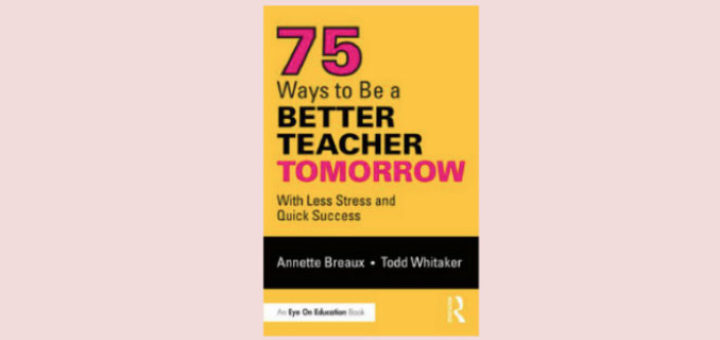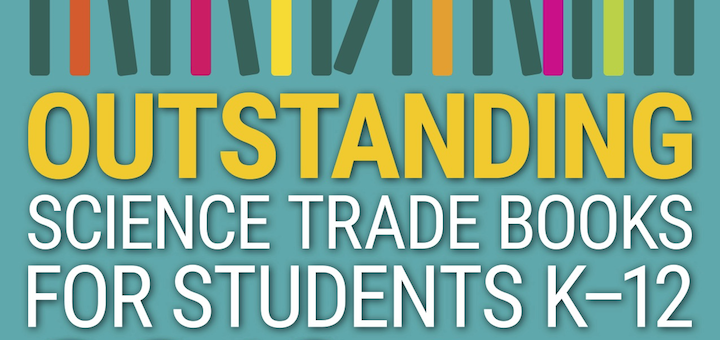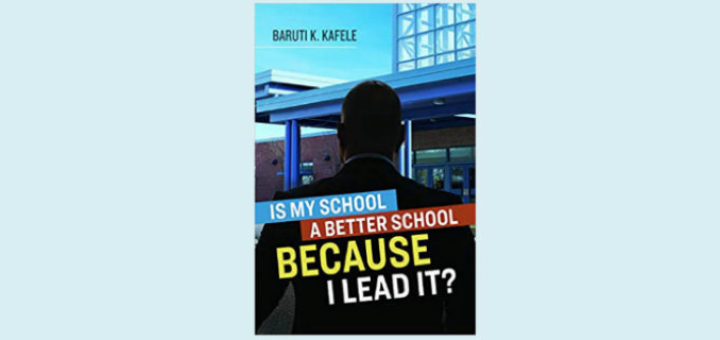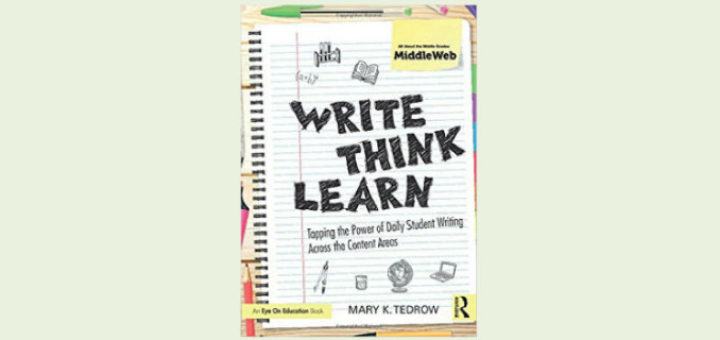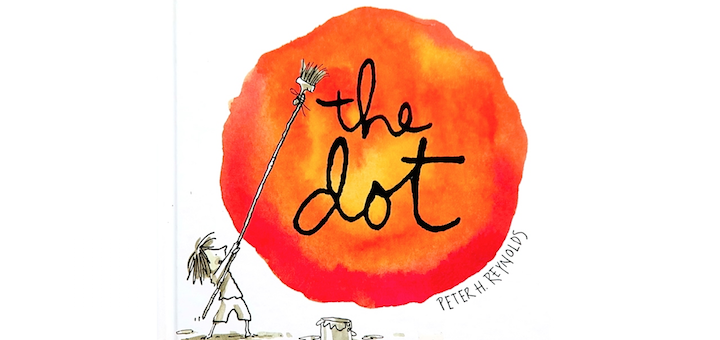Teaching and learning in grades 4-8
Annette Breaux and Todd Whitaker’s concise, tips-packed book is a quick read with strategies that can easily be implemented tomorrow, says teacher leader Laura Von Staden. Among her favorites: “Leave One Compliment a Day” and “Ask Yourself Five Questions.”
Classroom studies should emulate what is happening in the real world of scientists, says NBCT Kathy Renfrew. This means students are not only questioning, investigating, talking and writing – they are reading about science. She suggests reading strategies and resources.
ELA educator Cheryl Mizerny invites you to have fun developing your own UDL-enhanced unit. The former special ed teacher details how using Universal Design for Learning helps all learners grow, then she shares her argumentative writing unit enhanced with UDL practices.
Sam Wineburg’s new book Why Learn History (When It’s Already on Your Phone) is a game changer, writes Sarah Cooper. Here she focuses on his ideas for teaching students to evaluate websites laterally in addition to vertically, in the manner of professional fact checkers.
Lawnmower parents have an irresistible urge to clear away all the stress and struggle for their children. The result, says principal and NBCT Rita Platt, can be kids who don’t learn to mow their own paths. Read her tips for parents, educators, and the kiddos themselves.
Veteran principal and multi-book author Baruti Kafele takes school leaders on a self-reflective journey to answer his title question by exploring 35 focused and intentional guiding questions. Education leadership professor Frank J. Hagen recommends taking the trip.
Write Think Learn is an easy read for busy educators, challenges teachers and students to examine their attitudes about writing, gives readers a purpose and a desire to write, and will be a go-to reference throughout the school year, says teacher educator Linda Biondi.
What mix of behavior strategies can build happier, higher achieving middle schools? Principal Michael Gaskell shares customized PBIS methods his New Jersey school uses to help students stay in school, develop positive mentor relationships, and achieve greater success.
Imagine the long-term benefits if teachers, schools, and educator prep programs address the issue of mathematical confidence in a systematic and vigorous way. Jerry Burkhart looks at causes of low “math self-esteem” among kids and teachers and outlines potential cures.
Picture books make for great hooks at the beginning of lessons – capturing our attention and get us curious for the learning to come. They can also be perfect tools for introducing Genius Hour concepts. GH evangelists Gallit Zvi and Denise Krebs choose 10 favorites.

